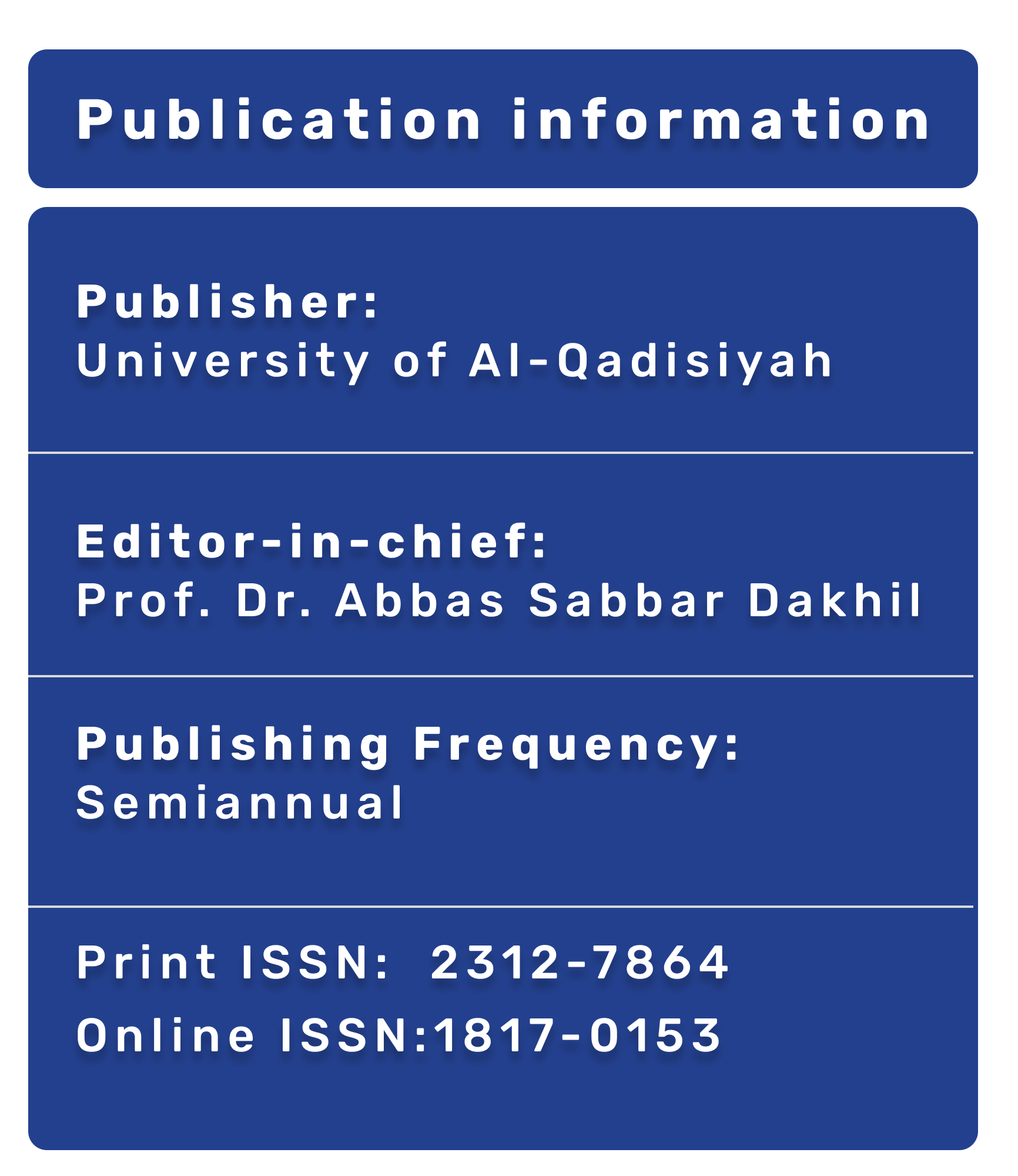Dose the shape of epiglottis have a role in the globus pharynges?
DOI:
https://doi.org/10.28922/qmj.2009.5.7.54-62الملخص
Back ground: globus pharyngeus is a sensation of a lump or tightness in the throat, it accounts for about 4% of otolaryngological referrals. A wide variety of explanations have been done; gastroesophageal reflux or esophageal dysmotility are the most popular organic explanations.Objective: To evaluate the incidence and the role of the curled epiglottic tip touching and indenting the tongue base in patients with globus pharyngeus.
Patients and method:Two group were selected; group A (40 patients) selected according to selection criteria from a number of patients diagnosed as globus pharyngeus patients , a flexible nasopharyngoscopy was done searching for the incidence of an epiglottic tip touching and indenting the base of the tongue, for instillation of a few drops10% xylocain done and the disappearance of the globus sensation was reevaluated again. Group B (40 patients) selected randomly from patients examined for non-globus complaint, and again searching for the incidence of an epiglottic tip touching and indenting the base of the tongue where studied. Results and Discussion: Group A:In 65% (26 patients), the epiglottis touching and indenting the tongue base, 88.5 % (23 patients) out of these 26 patients showed positive response to local anesthesia; so globus sensation temporarily disappeared. (P value < 0.01) was highly significant, and this might mean: pressure effect of curled epiglottic tipwhich had been temporarily eliminated. Group B: only 7.5% (3 patients) had an epiglottic tip touching and indenting the tongue base, while 37 patients had the epiglottis not touching the tongue base in both resting and the protrusion position . ( p- value >o.1 ) was not significant ; so this might mean that the curled epiglottic tip touching the tongue base is not a common finding in people or patients other than patients with globus pharyngeus .
Conclusion: A curled epiglottic tip indenting the tongue base may be a cause of the globus sensation when there is no other pathology found.








